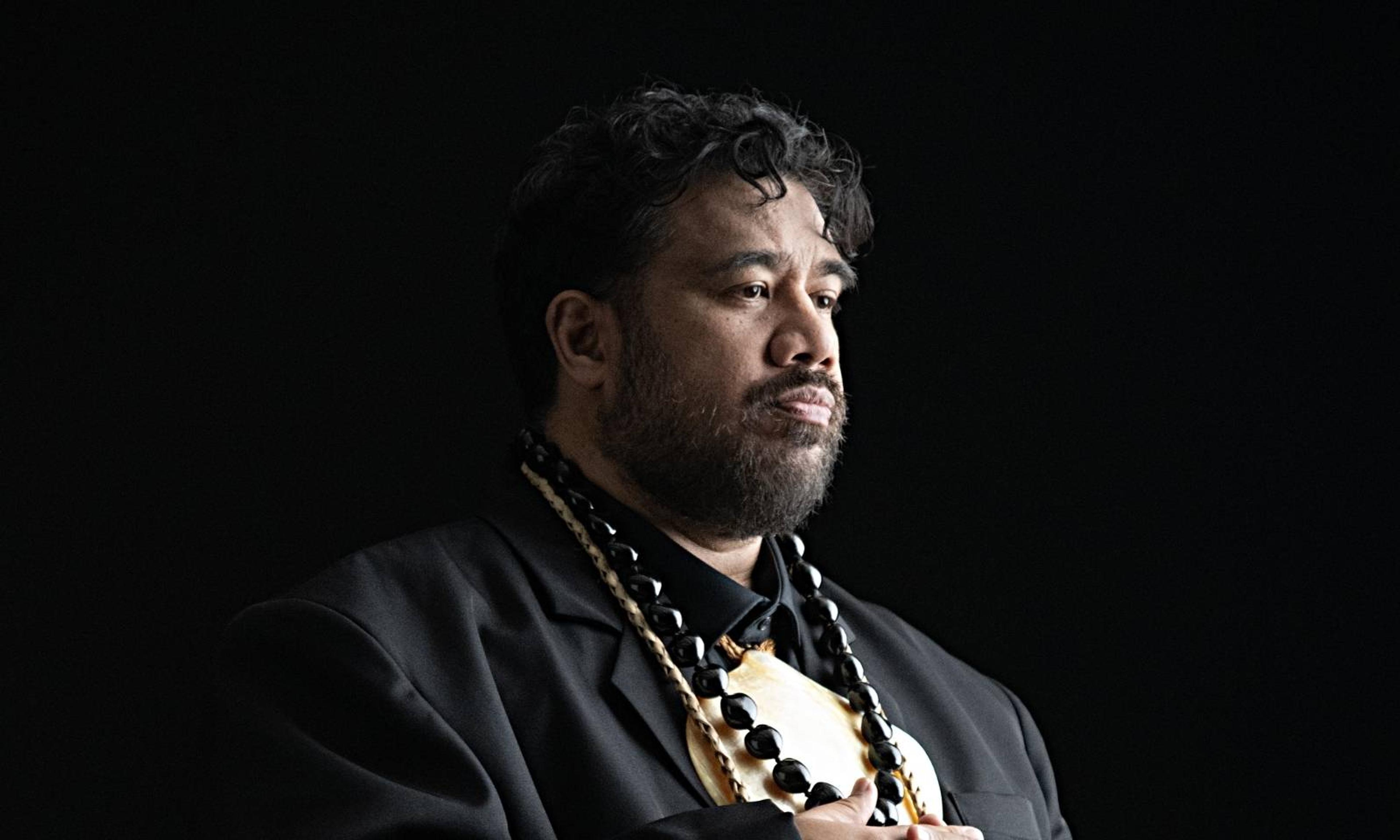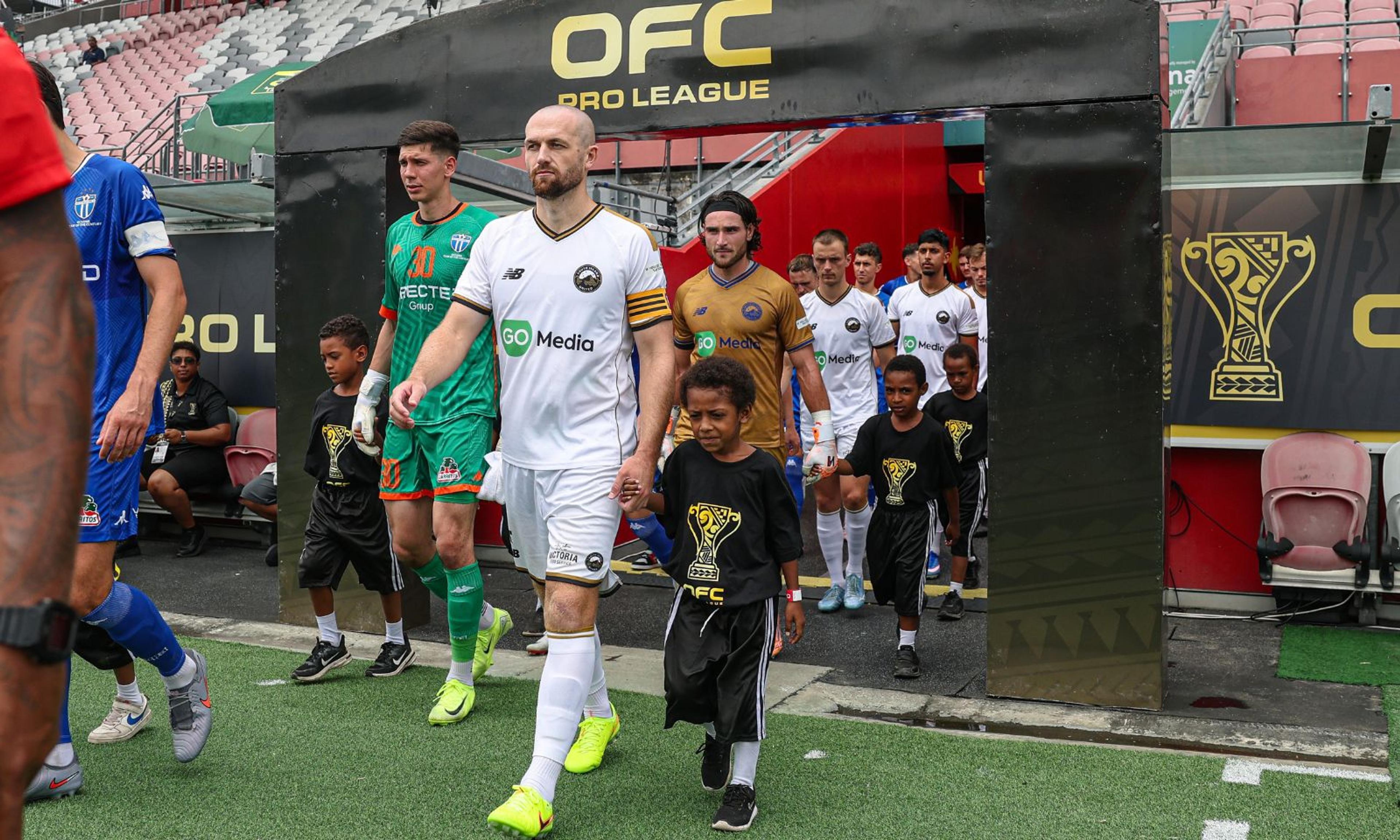

Sapini and Mutalau Unoi with Pacific Days host, Kalo.
Photo/Carolanne Toetu'u
‘Dementia is not the end’: A son’s heartfelt love letter to his mother
Sapini Unoi shares how he navigates caring for her, while encouraging families to normalise talanoa about caregiving.


UK royal arrest sends shockwaves as Jeffrey Epstein files reference Pacific islands - reports

Second Apology: Fijian artist’s bold new film demands more for Pacific communities



UK royal arrest sends shockwaves as Jeffrey Epstein files reference Pacific islands - reports

Second Apology: Fijian artist’s bold new film demands more for Pacific communities

During the Covid-19 pandemic, Sapini Unoi noticed subtle changes in his mother, Mutalau Unoi - repeated questions, forgotten details, and a general sense of her being less like herself.
Over time, the signs became harder to ignore, leading to a diagnosis of dementia.
“Mum has been officially diagnosed with dementia for about four years,” Sapini says in an interview on 531pi Pacific Days.
Background
Once a nurse, teacher, and keen kilikiti (Sāmoan cricket) player known for her spirited faith, Mutalau immigrated to Aotearoa from Sāmoa as a teenager.
Now 75 years old, she has seen her youngest son, Sapini, take on the role of caregiver about nine years ago after noticing the early signs of dementia.
“I inherited this role naturally because of where I sat in my family, being the baby. By the time I came along, I was the last ditched attempt for a girl - they got half,” Sapini jokes.
The burden of unspoken expectations
“There was no discussion about why I was chosen. It just naturally fell to me,” he says. “I am happy to serve my mum in this capacity.
“What I've identified throughout this journey, and I think we need to start normalising, is having conversations around what that support looks like.”
In many Pacific households, caring for elders is a sacred duty passed down rather than openly discussed. Sapini says that these unspoken expectations can lead to feelings of isolation.
Watch Sapini and Mutalau's full interview below.
Sapini urges Pacific families to have these conversations early.
“What if this happens to our parents? Who is going to do it and what is support going to look like? If it took a village to raise us, it should take that same village to be by them when they’re most vulnerable.”
Challenges and support systems
The caregiving role can be burdensome, often lacking proper guidance. Sapini says accessing official support has not been straightforward and many Pacific caregivers are unaware of available resources until they face a desperate need for them.
He says there are services such as needs assessment packages and individualised funding to assist people living with dementia and their carers, but these are often hard to access or poorly explained, especially within Pacific communities.
Daily life and engagement
Each day revolves around Mutalau’s needs. “She no longer remembers what day or time it is, when to eat, when to go to the toilet, all those simple things we take for granted. Life doesn’t stop, and it doesn’t have to. It’s just a lot of planning, a lot of headaches, a lot of swearing, a lot of everything,” Sapini says.
Mutalau attends two daycare programmes in Central Auckland during the week, providing respite, social connection, and cognitive stimulation.
She continues to express her love for sports. “She was a fantastic kilikiti player, volleyball, and netball,” Sapini says, to which his mother adds, “And cricket. That’s my favourite one. It’s hitting the ball. [They] bowl full speed and then I go ‘boom’!”
At home, Sapini keeps her engaged with colouring, crosswords, and puzzles, even buying children’s toys to keep her mind active and her “spirit happy”.
The community support
Sapini recently left his full-time job to focus solely on caring for his mother. Their journey has been complex, involving overcoming a past drug addiction, rehabilitation, and minimal support from his siblings.
They live with an extended family member and her two teenage children, who help with cooking meals and caring for Mutalau when Sapini needs a break.
To document the realities of caring for someone with dementia, Sapini turned to social media, which became an unexpected lifeline - a “love letter to mum”.
With 21,900 followers on their TikTok account, Sapini created the platform out of “a place of darkness,” providing insight and connection when local support fell short.
“Family is not necessarily just your siblings,” he says. “I had relapsed a few times and didn’t know who to talk to. When you're in a particular predicament and that's all you know, you tend to think that you're the only one going through that experience.
“That’s what drove me to make a TikTok. It was either that, or I was going to pick up another needle. TikTok, followers, comments, everything has saved my life.”
Since sharing their experiences, Sapini has established a support group for dementia caregivers that meets weekly via Google Meets and regularly checks in on each other through WhatsApp chats.
He says that the caregiving journey doesn’t need to be lonely. There are moments when the emotional weight becomes overwhelming, leading to tears of both exhaustion and gratitude.
“To the carers, you are seen, you are heard, you are valued. Thank you for your heart of service, thank you for the sleepless nights,” Sapini says through tears.
“Thank you for the unseen things. When I cry these tears, they are not only mine, but tears of so many others suffering in silence. Even in the darkest of days, you are never truly alone.”
For Sapini, dementia has been both a heartbreak and a blessing - a chance to reconnect and heal past wounds. “Just because someone is diagnosed with dementia doesn’t mean that it’s the end. The relationship I have with my mother now is the one my younger self so desperately would have wanted.
“We’ve always been close, but it was never like this…because my mother was a staunch Christian, and my lifestyle choices of being a proud gay Pacific Islander, we clashed.”
Mutalau nods gently. “Things happen,” she says. “You’ve just got to be strong. And God is good, all the time.”